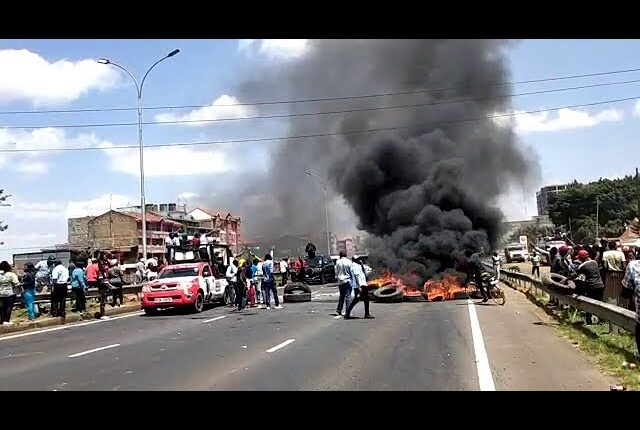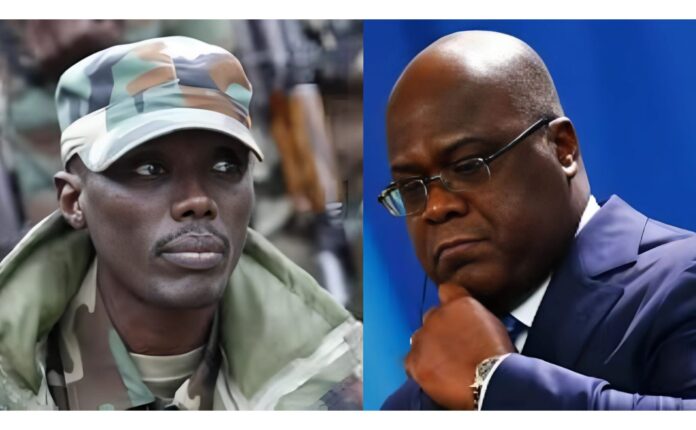A new report released on Tuesday by the Human Rights Watch (HRW) has once again become a topic of concern for observers monitoring security in the eastern Democratic Republic of Congo (DRC).
Note: Company, Blog, Church websites are free.
This report alleges that M23 soldiers killed at least 21 civilians over two days, February 22–23, in the city of Goma.
But are these accusations based on truth, or are they another political weapon used to tarnish the image of the AFC/M23 coalition?
In recent weeks, AFC/M23 has taken control of several key areas that were previously held by armed groups and government forces accused of failing to protect civilians.
The capture of Goma and Bukavu by AFC/M23 has drawn much commentary, but it also opened corridors that allowed many civilians to breathe a sigh of relief after years of instability.
HRW claims that M23 fighters shot civilians in the Katindo area and dumped bodies at a construction site. One alleged victim is said to be a 15-year-old boy who was taken from his home and never returned, according to the report.
However, many of these claims continue to be questioned due to the lack of concrete evidence or confirmation from an independent judicial body.
There are serious concerns that these allegations against AFC/M23 align with a broader strategy by the Kinshasa government and its allies to discredit the coalition’s efforts for reform in eastern Congo.
AFC/M23 has expressed willingness to examine the accusations. Its leader, Bertrand Bisimwa, stated, “HRW gives us an opportunity for self-assessment. We respect this organization even though some of its past claims have proven to be false.”
This demonstrates that AFC/M23 is ready to cooperate with international justice mechanisms, rather than avoid accountability, provided that the investigations are impartial.
HRW also referred to alleged attacks on hospitals in Goma in March, where around 130 people, including medical staff, were reportedly arrested. Amnesty International also mentioned these events, but it has not provided evidence of where the victims were found or concrete proof of those allegedly harmed.
It’s important to ask: why are all these reports surfacing at a time when Congolese government forces and their allied militias (including the FDLR) are suffering defeats on the battlefield?
Some observers view this as an attempt to use human rights allegations as a diplomatic weapon, rather than addressing the longstanding suffering of civilians.
AFC/M23, a coalition that prioritizes the rights of Kivu residents, continues to show commitment to protecting civilian lives and telling the truth about what is happening in the conflict zones.
Rather than terrorizing civilians, the coalition is reported to be assisting in fighting looting and killings perpetrated by other armed groups, some of which are backed by the Congolese government itself.
While the world listens to HRW’s warnings, it is also essential that a voice emerges to assess both sides and defend lasting truth, rather than focusing solely on accusations.
For lasting peace to be achieved, all international missions and human rights organizations must avoid bias and ensure that those with a story to tell, such as the leaders of AFC/M23, are also given a voice and a right to speak about what happened.



